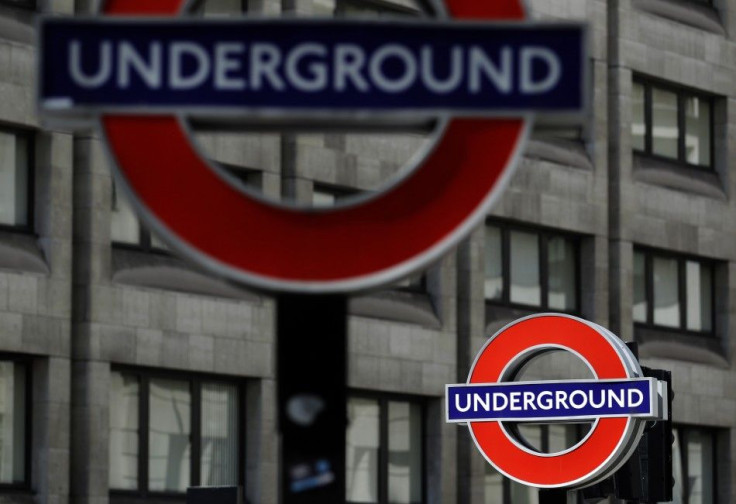London Tube May Cut 1,500 Jobs; Close Ticket Offices

London Underground (LU), the subway system that serves the British capital, plans to close ticket offices and cut 1,500 jobs – including 770 managers -- as part of a comprehensive strategy to slash operational costs by up to 20 percent over the next ten years.
The Rail, Maritime and Transport (RMT) union claims that LU will actually eliminate more than 1500 jobs and close all but 30 ticket offices. BBC reported that according to a leaked document it viewed, LU is mulling such cost-cutting proposals as operating driver-less trains and replacing drivers with train attendants.
The document also envisions closing multitudes of ticket offices by 2016 as more customers use bank cards and other such means to pay for tickets. In addition, the document contemplates that by 2017 only one-fifth of trains will be operated manually with drivers in cabs, and that beyond 2020 all train lines will likely have fully remote train operations.
The document also stated: ''Increasingly train operators will not be required to drive trains in the traditional manner but will focus on customer service and dealing swiftly with operational issues. Going further forward it seems likely that the new generation of trains will prepare themselves for service - even to the extent of arriving from depots unaided perhaps even eventually operating in certain areas without staff on board.''
LU anticipates the operational changes will result in savings of nearly £1.8 billion ($2.9 billion).
In response, LU stated that the document in question did not represent any concrete proposals.
Nonetheless, union officials are outraged by what looks like a long-term streamlining of the industry and the ultimate loss of thousands of jobs. The RMT described the report as a ''blueprint for jobs and safety carnage.”
Bob Crow, the RMT’s general secretary, told BBC: “Every single ticket office would be closed, stations left un-staffed and drivers would be thrown out of their cabs without a single thought for passenger safety. This ill-conceived and finance-led document ignores reality in favor of austerity and would impact on every single staff member on London Underground.
However, Mike Brown, a spokesman for the government agency that supervises the underground system, Transport for London (TfL), said the body is committed to fully staffed stations and that it needs to look forward to consider how new technologies might increase efficiency in the system.”
“This discussion paper was prepared purely to stimulate fresh thinking within London Underground. It has not been adopted by LU senior management, the TfL board or the mayor and so does not represent agreed proposals for change, Brown said.
“However, it is, of course, the case that, like all organizations, London Underground must adapt and embrace change. The Tube is now carrying a record 1.1 billion passengers a year, and this rising trend will continue as London grows. Londoners want a modern, safe, economical and efficient Underground, with a strong focus on the needs of customers. This discussion paper contains some suggestions as to how that might be achieved.”
Brown further stated: New technologies, innovations in maintenance and the changing ways in which passengers use our services mean that London Underground must look ahead. In particular, we need to examine how new technologies can further improve efficiency and how we can respond to the changing needs of our customers. Those who use our services would expect nothing less and we're determined to operate the Underground in a way that delivers the best possible value for fare-payers and taxpayers. We remain committed to our established policy of maintaining fully-staffed stations at all times and deploying staff where customers want them - at gate lines, on platforms and in other public-facing areas. No specific decisions have been taken about how LU will operate in future. Any proposed changes will be subject to full consultation with unions, passenger bodies and others who are central to the development of our service, which is of such vital importance to London and the wider UK economy.
© Copyright IBTimes 2024. All rights reserved.





















